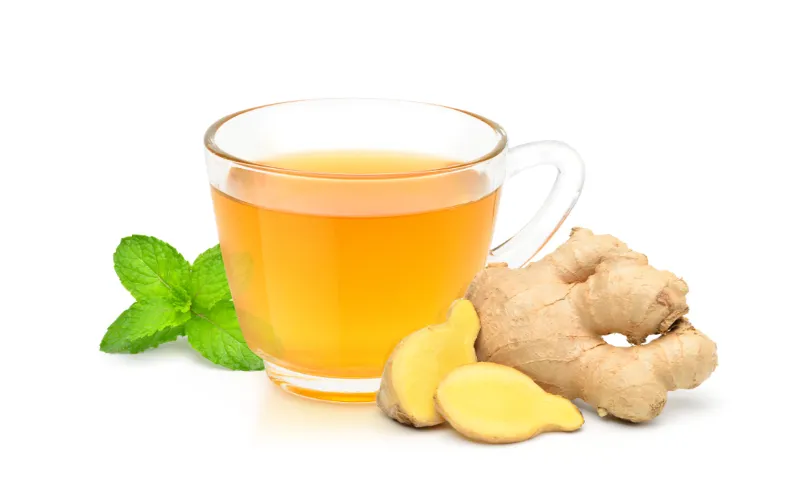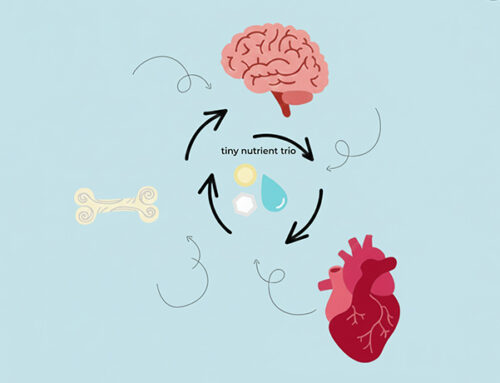The world of probiotics has expanded significantly, and it’s no longer confined to just yogurt and kefir. These beneficial bacteria are becoming increasingly recognized for their potential benefits in gut health (signs of unhealthy gut), addressing issues like bloating, constipation, and even more complex conditions like IBS (Irritable Bowel Syndrome). While most associate probiotics with general wellness, many question their efficacy in combating gas and bloating.
What are Probiotics?
At their core, probiotics are live bacteria and yeasts beneficial for our digestive system. Despite bacteria often getting a bad rap, our bodies are teeming with them, both beneficial and harmful.
Probiotics are often termed ‘good’ or ‘friendly’ bacteria because they help maintain a natural balance in our guts. However, not all probiotics are created equal. There are diverse strains, like Lactobacillus and Acidophilus, each with its unique role, some aiding in diarrhea treatment while others alleviating constipation. The food we eat, from fermented milk to cottage cheese, can serve as a source of these health-enhancing microorganisms.
The Gut Microbiome: A Brief Overview
Think of your gut microbiome as an ever-changing ecosystem of many bacteria, yeast, and other microorganisms. The digestive system, from the stomach to the intestines, relies on this balance for smooth operation. These bacteria aid in breaking down food, producing vital nutrients, and even supporting our immune system.
However, an imbalance in this microbiota, such as antibiotics, stress, or diet, can lead to digestive issues. Symptoms like gas, bloating, and constipation might be your body’s way of flagging an imbalance in this intricate system.
Causes of Gas and Bloating
While a bit of gas is a natural byproduct of the digestive process, excessive flatulence and bloating can be discomforting. There are various reasons behind excessive gas. For example, our diet plays a significant role. Foods high in certain carbohydrates, fibers, or sugars might be tougher to break down, leading to gas. Conditions like IBS or inflammatory bowel disease could be the culprit in others.
How do Probiotics Combat Gas?
Certain strains of probiotics have demonstrated an aptitude for alleviating gas. Their primary function involves restoring the gut’s bacterial balance, which, in turn, eases digestive symptoms. The science behind it is still unfolding, but research suggests that introducing specific strains can significantly reduce symptoms in many patients.
Studies on Probiotics and Gas Reduction
Scientific studies have gradually shifted towards understanding the impact of probiotics on gut health. Many such studies have noted a marked reduction in gas and bloating symptoms when patients were administered certain probiotic supplements.
Moreover, individual testimonials and case studies further support these findings, cementing the role of probiotics in managing digestive discomfort.
Potential Side Effects of Probiotics
While probiotics promise numerous benefits, they are not devoid of side effects. For instance, the “die-off” effect occurs when probiotics kill harmful bacteria, releasing toxins that might cause temporary symptoms like gas or bloating. Moreover, introducing foreign bacteria can cause short-term disturbances in some people, manifesting as mild digestive symptoms.
Choosing the Right Probiotic for Gas
Given the vast array of probiotic supplements available, selecting the right one can be overwhelming. Factors to consider range from the type of strains included to the number of live bacteria in a dose. For those specifically combating gas, strains like Lactobacillus Acidophilus have shown promising results.
Other Natural Remedies for Gas and Bloating
Beyond probiotics, incorporating specific dietary changes can alleviate gas. Reducing intake of gas-causing foods, for instance, can provide immediate relief.

Herbs like ginger or peppermint soothe the digestive tract while managing stress, and incorporating exercise can also play an instrumental role in gut wellness.
Common Myths Surrounding Probiotics
Misconceptions about probiotics abound. Not all fermented foods, for instance, contain probiotics. Yogurt, a commonly touted probiotic source, might be empty of these beneficial bacteria if pasteurized post-fermentation. Understanding the difference between prebiotics and probiotics, or recognizing that not everyone will experience the same benefits, is vital for informed decisions.
Conclusion
The field of gut health and microbiome research is continually shedding light on the benefits of probiotics. While they are not a panacea, they offer a science-backed solution for digestive issues, from gas and bloating to more severe conditions. Investing in gut health through food, supplements, or lifestyle changes can improve overall well-being.
FAQs
Are all fermented foods a source of probiotics?
No, only certain fermented foods contain live probiotics, depending on their processing.
What’s the difference between prebiotics and probiotics?
Prebiotics are fibers that feed good bacteria, while probiotics are live beneficial bacteria.
Do all individuals experience gas from the same foods?
Reactions can vary based on individual gut health, genetics, and other factors.




